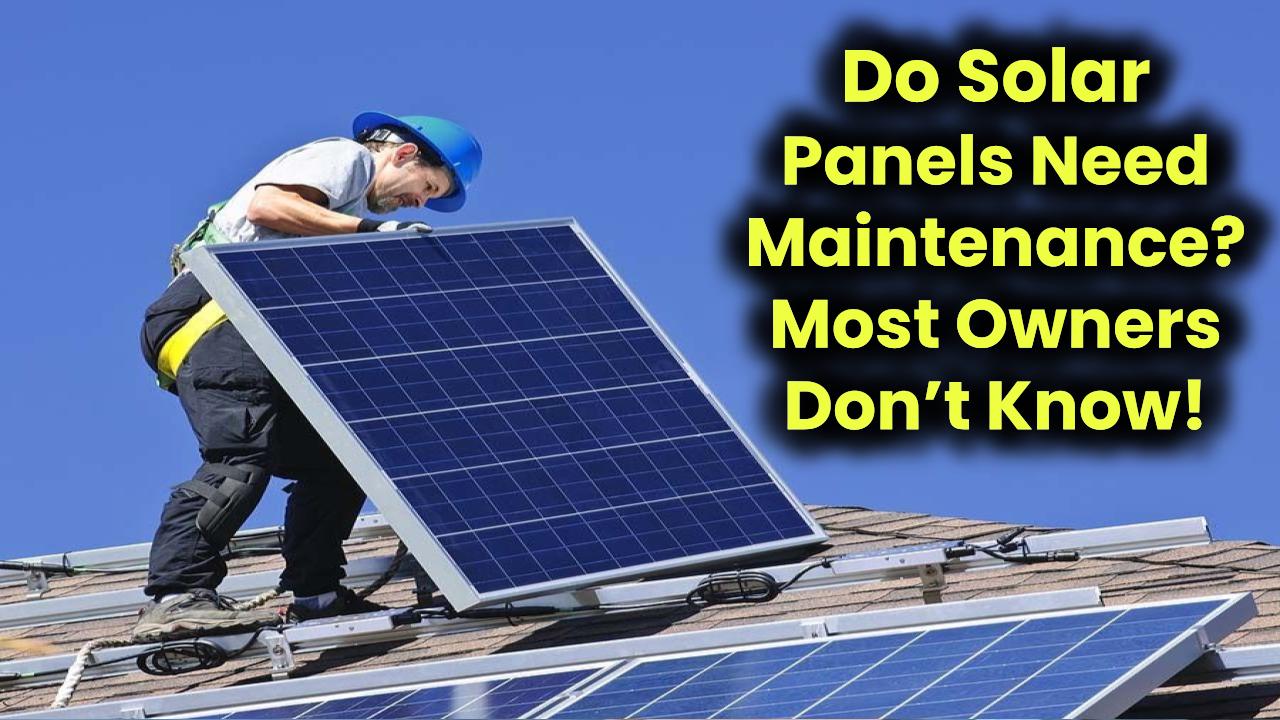
Texas is stepping up its game in the renewable energy world by planning to mandate recycling of retired solar panels and wind turbines. This move, set to take effect in 2025 if Governor Greg Abbott signs the legislation, marks a major milestone in making clean energy not just about green power, but also about green practices throughout the entire lifecycle of renewable technologies.
For anyone tracking the renewable energy sector, or involved professionally in energy, sustainability, or environmental regulation, this is big news. Not only does it show Texas’s leadership in clean energy, but it also sets an example for other states and countries to responsibly handle what happens after solar panels and wind turbines reach the end of their productive lives.
Why Texas is Taking This Step
Texas isn’t just a giant in oil and gas anymore. It’s become a renewable energy powerhouse, especially in wind energy — the state leads the U.S. in installed wind capacity. Solar power is also booming, with new projects popping up all across the Lone Star State.
But with great growth comes great responsibility.
Renewable energy tech like solar panels and wind turbines don’t last forever. Most solar panels have a useful life of about 25 to 30 years, while wind turbines typically last 20 to 25 years. Once they retire, if these components aren’t properly recycled or disposed of, they can become a big environmental headache.
The Recycling Challenge
Recycling wind turbine blades has been particularly tricky. These blades are made from composite materials — think fiberglass mixed with resins — which are lightweight but hard to recycle with traditional methods. Some older recycling facilities even failed to meet their commitments, leaving massive piles of blades sitting in Texas yards, which isn’t just an eyesore but an environmental concern.
Solar panels have their own issues. They contain glass, aluminum, and valuable semiconductors. Disposing of them improperly wastes precious resources and poses environmental risks.
Recognizing these challenges, Texas lawmakers pushed through House Bills 3228 and 3229 to ensure that recycling and responsible disposal become part of the renewable energy project lifecycle.
What the Legislation Means
Let’s break down what this new law entails for developers, recyclers, landowners, and the environment.
1. Recycling Requirements for Retired Projects
HB 3228 mandates that when solar or wind projects retire, operators must recycle all parts that can be reused or repurposed. This includes:
- Solar panels (glass, aluminum frames, semiconductor materials)
- Wind turbine blades (composite materials where possible)
- Metal components such as steel towers and nacelles
Non-recyclable parts must be disposed of safely at authorized waste facilities.
This law forces accountability and prevents components from being dumped or abandoned, a practice that was unfortunately common in some places.
2. Reporting and Financial Assurance
HB 3229 sets up a system where recycling facilities must:
- Submit annual reports to the Texas Commission on Environmental Quality (TCEQ) detailing their inventory and recycling schedules.
- Provide financial assurance to cover the costs of recycling or disposal, so taxpayers and landowners are not left footing the bill.
This ensures recycling facilities are financially prepared and transparent about their operations.
3. Protecting Landowners
The legislation requires that land leases or agreements for renewable energy projects include clauses covering decommissioning and recycling costs. This protects landowners from unexpected financial liabilities to clean up retired projects on their property.
4. Promoting Sustainable Energy Practices
By embedding recycling mandates into the law, Texas is promoting a circular economy in renewable energy. This means materials get reused and waste minimized, reducing the environmental footprint.
Why This Matters for Professionals and the Public
For Renewable Energy Developers and Investors
- Planning for Decommissioning: Developers must factor recycling costs and timelines into their project budgets and plans.
- Compliance: Failure to comply can result in penalties or reputational damage.
- Market Advantage: Companies adopting sustainable end-of-life practices can gain favor with investors and communities.
For Recycling Facilities
- Increased Demand: New legal requirements create business opportunities for recyclers equipped to handle solar and wind components.
- Regulatory Oversight: Facilities will face more scrutiny and must maintain transparent operations.
For Landowners
- Financial Protection: The law safeguards landowners from cleanup costs.
- Environmental Stewardship: Landowners contribute to sustainability by hosting responsibly managed projects.
For the Environment and Community
- Reduced Waste: Less abandoned equipment in landfills or open spaces.
- Resource Conservation: Valuable materials are recovered and reused.
- Improved Public Trust: Demonstrates Texas’s commitment to responsible renewable energy growth.
What Should Stakeholders Do Next?
Renewable Energy Companies
- Review Contracts: Ensure land agreements include clear decommissioning and recycling provisions.
- Establish Recycling Plans: Partner with certified recycling facilities early in the project lifecycle.
- Budget Accordingly: Account for decommissioning costs in financial planning.
Recycling Operators
- Prepare for Compliance: Set up tracking and reporting systems aligned with TCEQ requirements.
- Financial Planning: Secure funds or bonds to guarantee recycling obligations.
Landowners
- Understand Your Rights: Check lease agreements for decommissioning clauses.
- Engage Developers: Advocate for clear recycling and cleanup commitments.
Policy Makers & Advocates
- Monitor Implementation: Support efforts to enforce the law effectively.
- Educate Stakeholders: Raise awareness about responsible end-of-life management.
Heliup Powers Up 100 MW Lightweight Solar Panel Factory in France – Boost to Clean Manufacturing
Level 3 Alert Issued for Solar Inverters by National Power Grid Reliability Council
Anti-Solar Bills Defeated in Texas House – Victory for Renewable Energy Advocates
(FAQs)
Q1: When will the recycling mandate take effect?
A: If signed by Governor Abbott, the law will become effective on September 1, 2025.
Q2: Does this law apply to all solar and wind projects in Texas?
A: Yes, it applies to retired solar and wind energy projects requiring recycling or disposal of components.
Q3: What happens if a recycling facility fails to comply?
A: Facilities may face penalties, and the law requires financial assurances to cover recycling costs, protecting taxpayers and landowners.
Q4: Are landowners responsible for cleanup costs?
A: No. The law requires project agreements to include provisions ensuring decommissioning and recycling costs are covered by the developer or operator.
Q5: How does this affect renewable energy growth in Texas?
A: It supports sustainable growth by ensuring environmental responsibility throughout the project lifecycle








